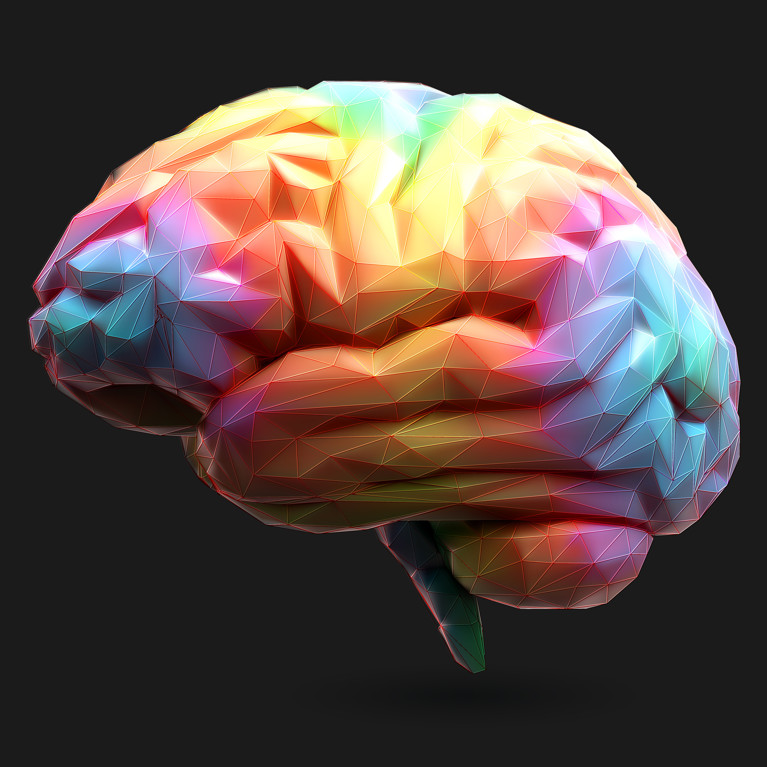Unravel the mysteries of the human mind
Across Australia, demand for psychologists and other mental health professionals is high, and this is only expected to grow in the coming years. If you’re fascinated by the way our brains work, a career in Psychology could be the perfect fit for you.
At UTS, you’ll receive a cutting-edge research-backed education, with opportunities to get hands-on experience at our teaching clinic. As a graduate, you’ll be fully equipped to kick-start an exciting, rewarding career where you’ll help people overcome challenges and live happier, more positive lives.
-
trophy Internationally ranked
#20 in Australia
We’re in Australia’s top 20 universities for Psychology.
Times Higher Education World University Rankings by Subject 2024
-
build Job postings
28,110 currently employed
There are almost 30,000 psychologists working in Australia today.
Jobs and Skills Australia 2024
-
payments Career outlook
Very strong
It’s expected there will be a very high demand for clinical, organisational, educational and other psychologists in the coming years.
Your Career 2024
Study options
1 - 9 of 9 results
Bachelor of Psychology
Course- 3 years full time
- 6 years part time
Study level
- Bachelor degree
Lowest selection rank
71.75
Location
City campus
Intake
Autumn C Session 2025
Bachelor of Psychological Science (Honours)
Course- 1 year full time
- 2 years part time
Study level
- Honours
Bachelor of Psychology (Honours)
Course- 4 years full time
- 8 years part time
Study level
- Honours
Lowest selection rank
80.05
Location
City campus
Intake
Autumn C Session 2025
Bachelor of Psychology Bachelor of Criminology
Course- 4 years full time
- 8 years part time
Study level
- Combined bachelor
Lowest selection rank
70.35
Location
City campus
Intake
Autumn C Session 2025
Autumn C Session 2026
Graduate Diploma in Psychology
Course- 1.67 years full time
Study level
- Graduate diploma
Location
Online campus
Intake
Session 1 2025
Session 2 2025
Session 3 2025
Session 4 2025
Session 5 2025
Session 6 2025
Session 1 2026
Session 2 2026
Session 3 2026
Session 4 2026
Session 5 2026
Session 6 2026
Graduate Diploma in Psychology (Advanced)
Course- 1.33 years full time
Study level
- Graduate diploma
Location
Online campus
Intake
Session 1 2025
Session 2 2025
Session 3 2025
Session 4 2025
Session 5 2025
Session 6 2025
Session 1 2026
Session 2 2026
Session 3 2026
Session 4 2026
Session 5 2026
Session 6 2026
Master of Clinical Psychology (Research)
Course- 2 years full time
- 4 years part time
Study level
- Masters research
Location
City campus
Intake
Research Session 1 2025
Research Session 2 2025
Research Session 1 2026
Research Session 2 2026
Master of Clinical Psychology
Course- 2 years full time
Study level
- Masters coursework
Location
City campus
Intake
Autumn B Session 2025
Autumn B Session 2026
Doctor of Philosophy (PhD Thesis: Psychology)
Course- 4 years full time
- 8 years part time
Study level
- Doctorate research
Location
City campus
Intake
Research Session 1 2025
Research Session 2 2025
Research Session 1 2026
Research Session 2 2026
Related study areas
Nursing and Midwifery
A nursing or midwifery qualification can take you far, with opportunities in public and private health, research, academia, policy, regulation and more, both in Australia and abroad.
Public Health
Public health is dedicated to helping people across our whole society live healthier, happier lives. With opportunities in government, non-profit and private settings, it’s an ideal choice for people who are passionate about wellbeing.
Sport and Exercise
Sport and exercise careers are ideal for individuals passionate about human health, physical activity and peak performance. Secure your place in this multi-billion-dollar global industry with a degree from UTS.
Allied Health
Our Allied Health programs have been designed to meet industry needs. You’ll get hands-on skills in clinical settings, in areas such as clinical exercise physiology, genetic counselling, physiotherapy, orthoptics, pharmacy and speech pathology.
Pharmacy
Got a mind for chemistry and an interest in health? Pharmacy might be for you.
Medical Science
Blend science and technology to improve patient health outcomes in our world-class Medical Science programs.
Find more Graduate School of Health (GSH) courses
Make an enquiry
Considering studying at UTS? Connect with our team to explore your study options, the application process, and discuss any other questions you may have.
Contact us
Call us
Get in touch with our friendly, knowledgeable Student Centre team.
1300 ASK UTS (1300 275 887)
+61 2 9514 1222 (outside Australia)
International enquiries
Chat with our international future students team.
+61 2 8806 0230




